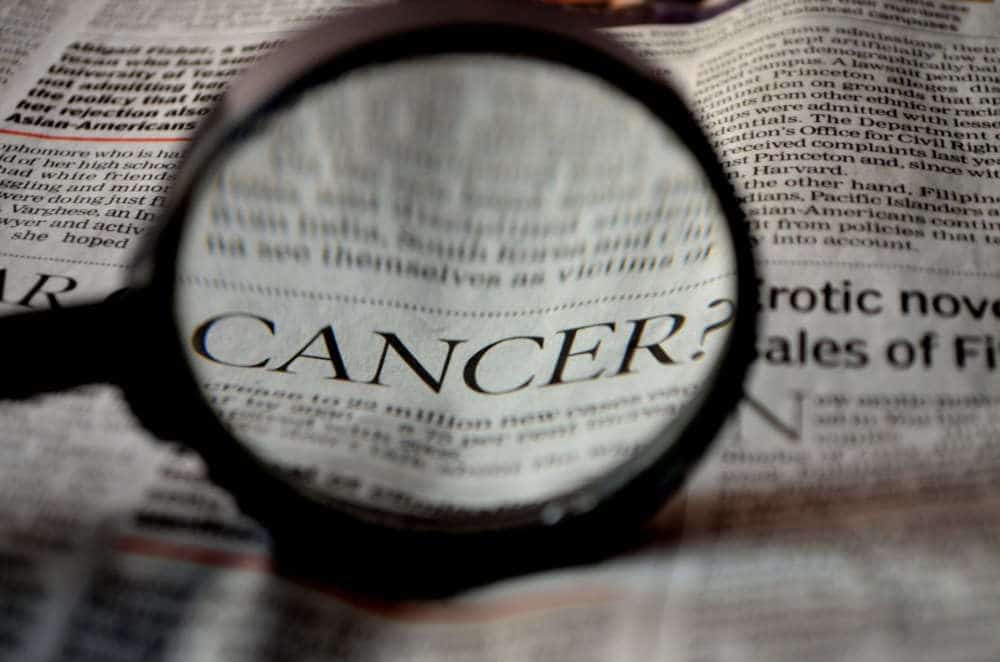London: Exposure to the ultraviolet (UV) rays, which most often comes from the sun, can cause skin cancer in athletes, according to a new study.
According to the researchers, limiting the sun exposure and applying sunscreen regularly can protect the skin from the harmful ultraviolet radiations of the sun and keep skin problems at bay.
“Sun protection in athletes is especially important as multiple studies demonstrate an elevated risk of skin cancer for those who regularly participate in outdoor sports or exercise,” said study researchers W. Larry Kenney from Penn State University.
“Surprisingly, fewer than 25 per cent of surveyed athletes reported regular use of sunscreen, so there is clearly more awareness-raising that needs to be done,” Kenney said.
Athletes ranging from hikers, to tennis and runners exceed the recommended ultraviolet exposure limit by up to eight-fold during the summer and autumn months.
While regular physical activity is associated with a reduced risk of most cancers, skin cancer is an exception.
For malignant skin cancer, those in the 90th percentile for physical activity have an increased risk of cancer than those in the 10th percentile.
Sun protection in these groups is especially important as multiple studies demonstrate an elevated risk of skin cancer for those who regularly participate in outdoor sports or exercise.
The ultraviolet radiation spectrum is categorised by wavelength as UV-A (320-400 nm), UV-B (290-320 nm) and UV-C (200-290 nm) and the biological effects vary per type.
UV-A constitutes around 95 per cent of ultraviolet radiation that reaches the earth’s surface, with the remainder being UV-B.
In the skin, UV-A is able to reach the skin’s blood circulation but most of UV-B is absorbed in the outer layers of the skin (called the epidermis and upper dermis) due to its shorter wavelengths.
Skin pigmentation is another factor that affects our response to sun exposure.
The study is scheduled to be presented at the Physiological Society’s Extreme Environmental Physiology meeting (02-04 September, 2019) in the UK.

